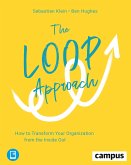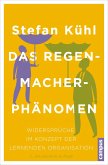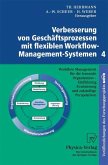The importance of managerial support has been established for modern busine- related sciences at least as early as 1922. It was then in the ?rst issue of Harvard Business Review, that Wallace B. Donham called for a proper theory of business to avoid business to continue to be "unsystematic, haphazard, and for many men a pathetic gamble." The past century witnessed signi?cant development in terms of theory. Common examples attracting considerable attention for scienti?c enquiry are decision theory, knowledge management and transfer,or organizational learning. Each set of theories focuses aspects of managerial work. Methods and tools based upon decision theory are concerned with ?nding one appropriate course of actions amongst a myriad of possibilities. Knowledge management methods and tools - sentially seek to conserve and transfer expert knowledge so that repetitive errors can more easily be prevented and repeating success more easily be achieved. - nally, methods and tools building upon the notion of organizational learning aim at signi?cantly lowering the resources involved in creating experts. I focus organizational learning for two main reasons: Firstly, learning is an "- avoidable" phenomenon. Learning does not have to be pursued as an additional activity to daily responsibilities. It is thus not the question if managers learn but what they learn and how this learning process can be directed. Secondly, a new dimension of criticism emerged from postmodern discussions of knowledge m- agement or decision making, which at least hints at the need to investigate other mechanisms for supporting management.








